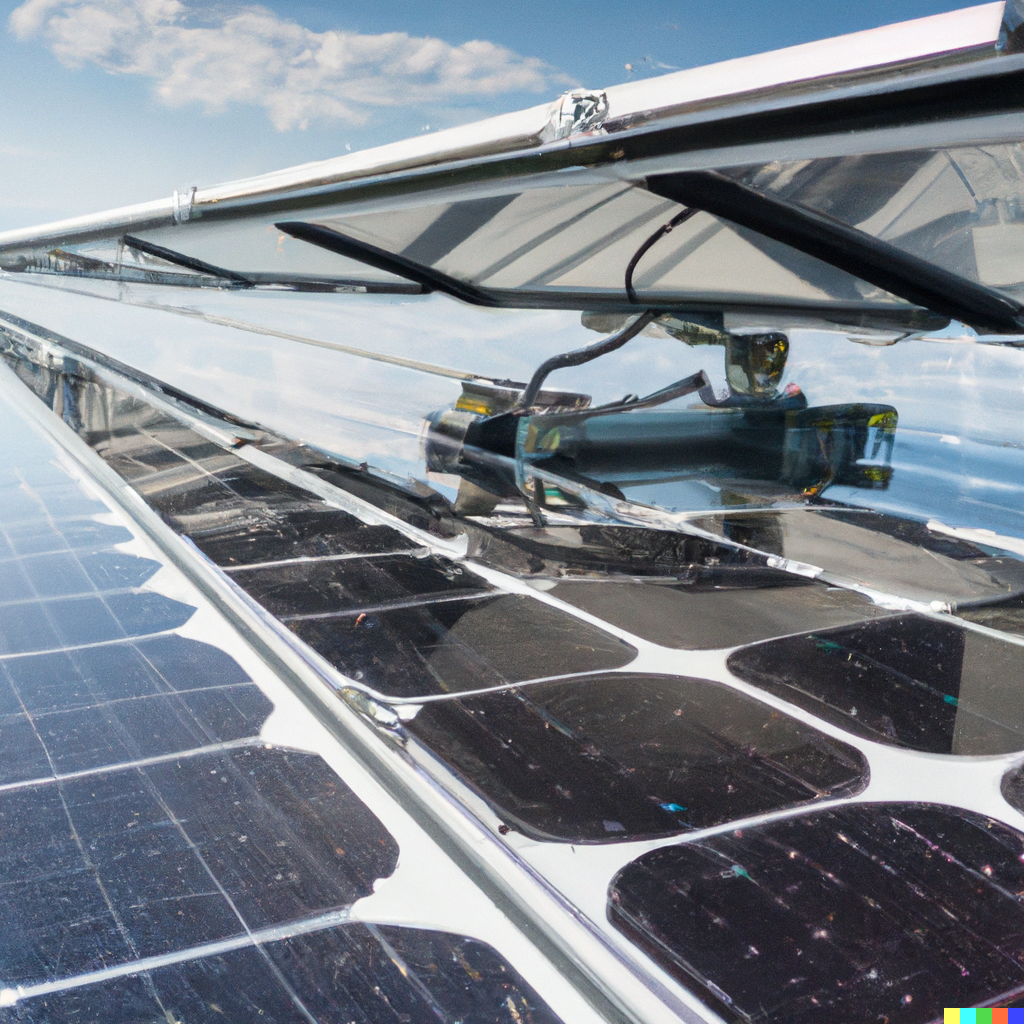Choosing Motors, Gearheads, and Controllers for Solar Panel Cleaning Robots
With the increasing adoption of solar panels for renewable energy production, the need for effective cleaning methods has also grown. Solar panel cleaning robots have emerged as a reliable solution, providing efficient cleaning while reducing labor costs and minimizing the risk of damage to the panels. The selection of the right motors for these robots is critical to their performance and reliability. In this blog, we will explore the factors that need to be considered when selecting motors for solar panel cleaning robots.
Torque
The motor’s torque is one of the most critical factors when selecting a motor for a solar panel cleaning robot. The robot must be able to generate enough torque to move the cleaning head over the surface of the panel, removing dirt and debris without damaging the panel’s surface. The amount of torque required will depend on the size of the robot and the weight of the cleaning head.
Speed
The speed of the motor is another important consideration when selecting a motor for a solar panel cleaning robot. The robot must be able to move quickly over the surface of the panel to maximize efficiency and minimize cleaning time. However, the speed must also be controllable, allowing the robot to move at a slower speed when cleaning near the edges or corners of the panel.
Power Consumption
The power consumption of the motor is also a critical consideration when selecting a motor for a solar panel cleaning robot. The motor must be efficient enough to run for extended periods without draining the battery. High-efficiency motors are preferred as they can provide the required torque and speed while minimizing power consumption.
Noise
The noise level of the motor is also an important factor to consider. Solar panel cleaning robots are often used in residential areas, and excessive noise can be a source of annoyance for residents. Low-noise motors are preferred, providing the necessary torque and speed while minimizing noise levels.
Size and Weight
The size and weight of the motor are also essential considerations. The motor must be compact and lightweight, allowing it to be integrated into the robot’s design without adding excessive weight. A lightweight motor will also reduce the load on the battery, allowing the robot to operate for longer periods.
Durability
The durability of the motor is another crucial factor to consider. Solar panel cleaning robots operate in harsh environments, and the motor must be able to withstand exposure to dust, debris, and moisture. Motors with sealed enclosures and corrosion-resistant components are preferred for these applications.
Cost
The cost of the motor is also an important consideration. While it may be tempting to select the cheapest motor available, a high-quality motor that meets the requirements of the robot will provide better long-term performance and reliability, reducing maintenance costs and downtime.
In conclusion, selecting the right motors for solar panel cleaning robots requires careful consideration of torque, speed, power consumption, noise, size and weight, durability, and cost. By selecting motors that meet these requirements, solar panel cleaning robots can be designed to provide efficient and reliable cleaning, maximizing the performance and lifespan of the solar panels.
If you have any queries, please contact us at [email protected].

